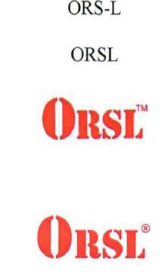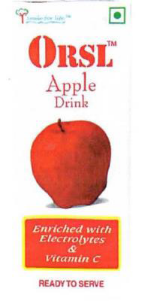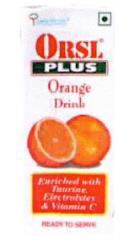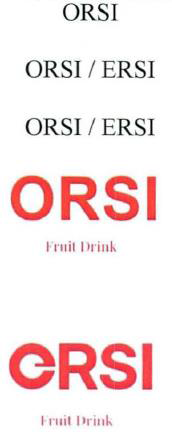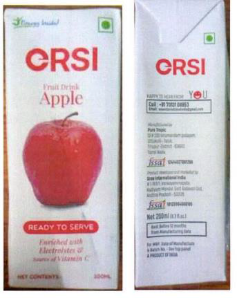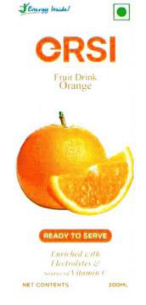Delhi High Court: C. Hari Shankar, J.*, restrained defendants and all others acting on their behalf from using the marks  ,
, 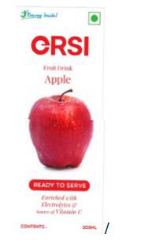
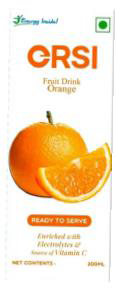 or any other confusingly or deceptively similar marks, for fruit drinks or any other allied or cognate goods or services.
or any other confusingly or deceptively similar marks, for fruit drinks or any other allied or cognate goods or services.
Background
Plaintiff, Johnson & Johnson Pte. Ltd. was the proprietor of the marks, ORS, ORS-O, ORS-P, ORS-L, ORSL,  ,
, 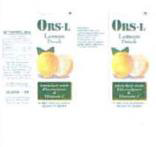 ,
, 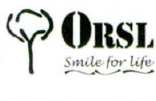 ,
, 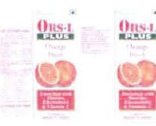 , ORSL REHYDRATE (collectively as ‘ORSL’). Under the mark ‘ORSL’, plaintiff manufactured and sold electrolyte drinks. Plaintiff was aggrieved by the use, by defendants, of a deceptively similar mark “ORSI”, under which it manufactured and sold fruit drinks, in similar flavours. The adoption, by defendants, of a deceptively similar mark, printed in a deceptively similar manner using the trade dress, which was nearly identical to that of plaintiff, indicated that defendants had consciously sought to imitate plaintiff.
, ORSL REHYDRATE (collectively as ‘ORSL’). Under the mark ‘ORSL’, plaintiff manufactured and sold electrolyte drinks. Plaintiff was aggrieved by the use, by defendants, of a deceptively similar mark “ORSI”, under which it manufactured and sold fruit drinks, in similar flavours. The adoption, by defendants, of a deceptively similar mark, printed in a deceptively similar manner using the trade dress, which was nearly identical to that of plaintiff, indicated that defendants had consciously sought to imitate plaintiff.
Comparison of the packs of plaintiff’s and defendants’ products
|
Plaintiff’s Trade marks and Trade dress |
Defendant’s Trade marks and Trade dress |
Analysis, Law, and Decision
The Court opined that the marks of plaintiff and defendants were so similar that, when used for similar products, they were bound to result in confusion in the minds of a consumer between the two products. The Court observed that defendants were not innocent adopters of a similar mark, but conscious imitators of plaintiff, was also apparent from the stark similarity between the trade dresses of the products of defendants and plaintiff. Defendants had also chosen to pack and sell their products in tetra packs which had images similar to those used by plaintiff, with clear intention of confusing the consumer. Thus, the Court opined that prima facie, a case of both passing off and infringement was made out.
The Court opined that the products in question being electrolyte drinks were consumables and therefore, any possibility of confusion in the mind of the consumer between one product and the other had to be avoided. The Court further opined that balance of convenience was also in favour of grant of injunction as there was no absolute bar on defendants manufacturing and selling their products, provided they adopted a trade mark and trade dress which did not imitate the plaintiff.
Thus, the Court restrained defendants and all others acting on their behalf from using the marks  ,
, 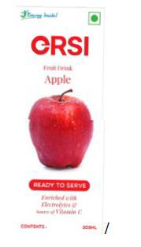
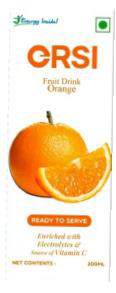 or any other confusingly or deceptively similar marks, for fruit drinks or any other allied or cognate goods or services. The Court further restrained defendants from releasing into market any stock of manufactured infringing goods which might have already been manufactured by them and lying in stock. Defendants were also directed to remove, from all physical and virtual sites, reference to the impugned marks ORSI/
or any other confusingly or deceptively similar marks, for fruit drinks or any other allied or cognate goods or services. The Court further restrained defendants from releasing into market any stock of manufactured infringing goods which might have already been manufactured by them and lying in stock. Defendants were also directed to remove, from all physical and virtual sites, reference to the impugned marks ORSI/ ,
, 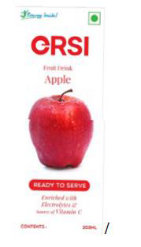
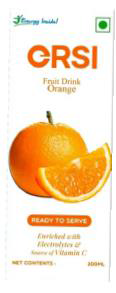 .
.
[Johnson & Johnson Pte. Ltd. v. Abbireddi Satish Kumar, 2023 SCC OnLine Del 7786, decided on 07-12-2023]
*Judgment authored by: Justice C. Hari Shankar
Advocates who appeared in this case :
For the Plaintiff: Nancy Roy, Raghav Malik, Lalit Alley, Prakriti Vaishney, Advocates



